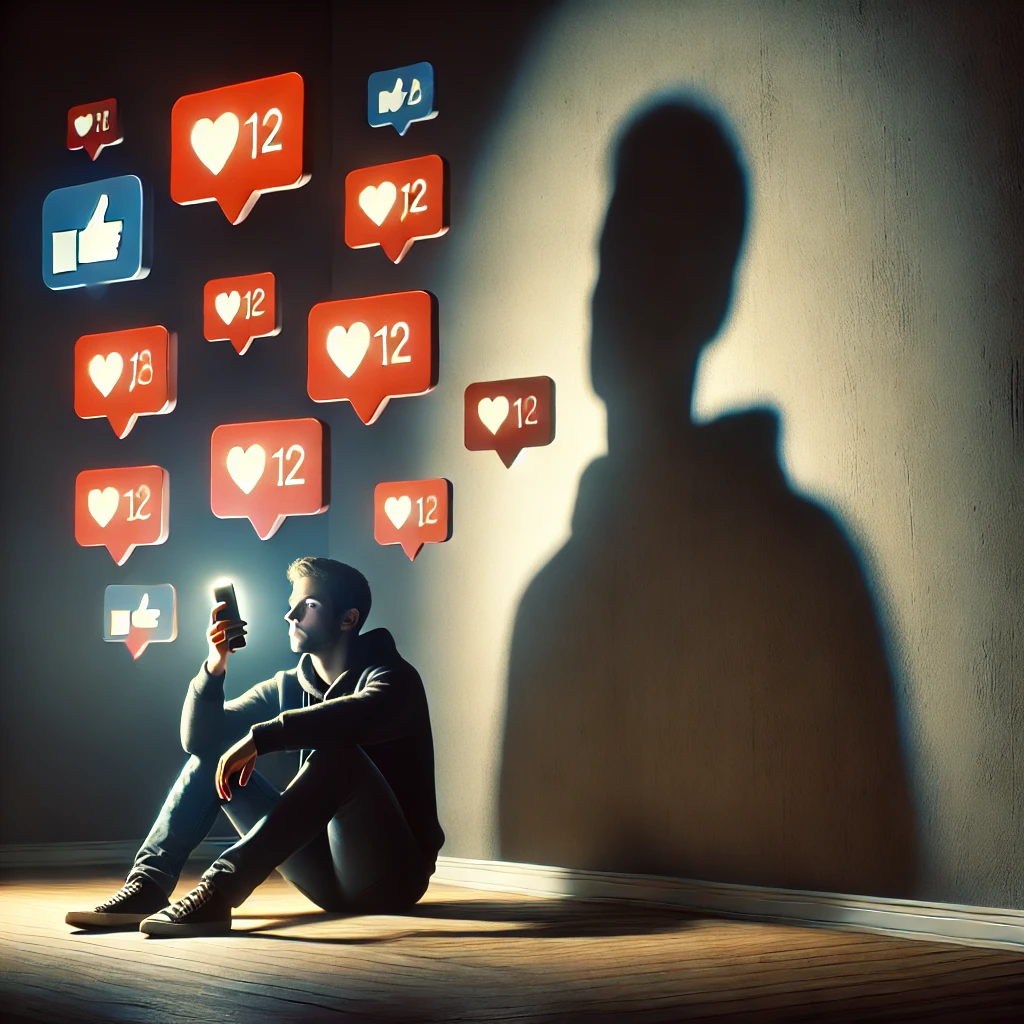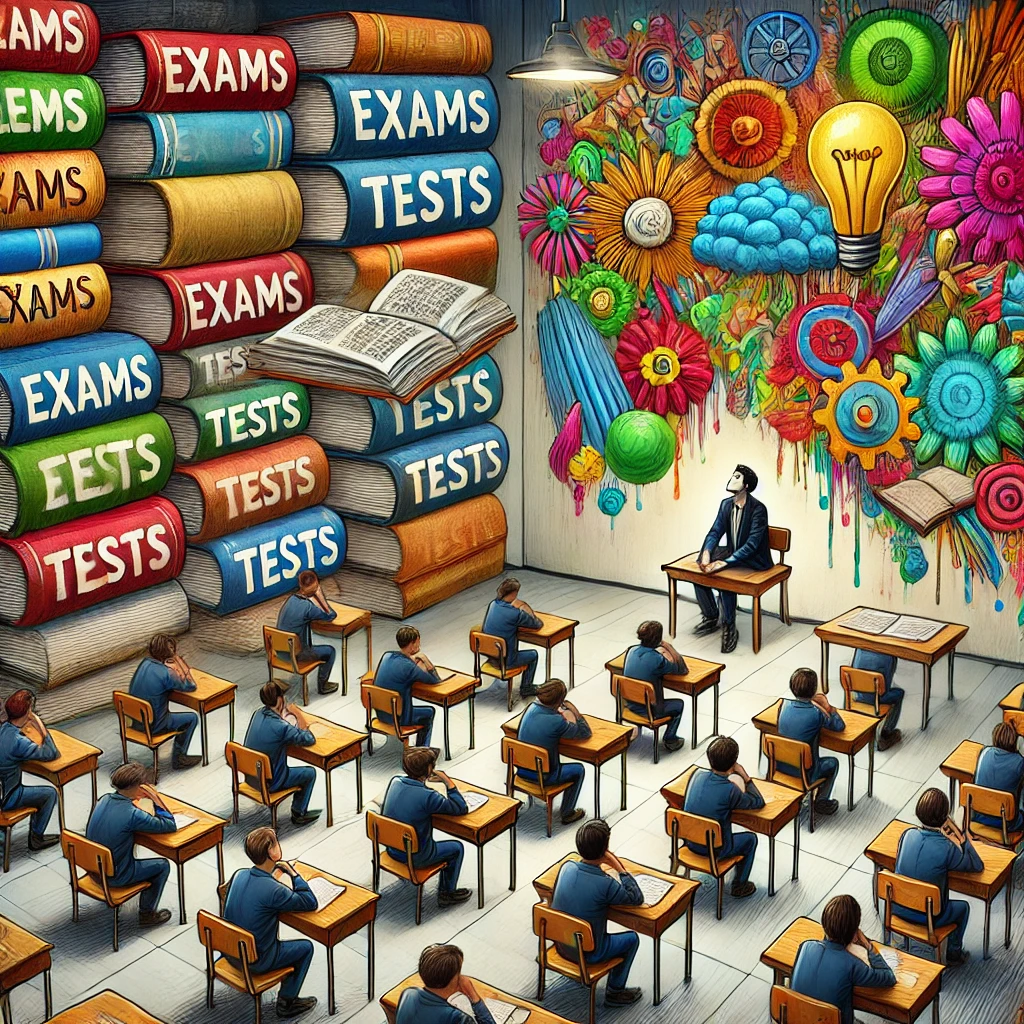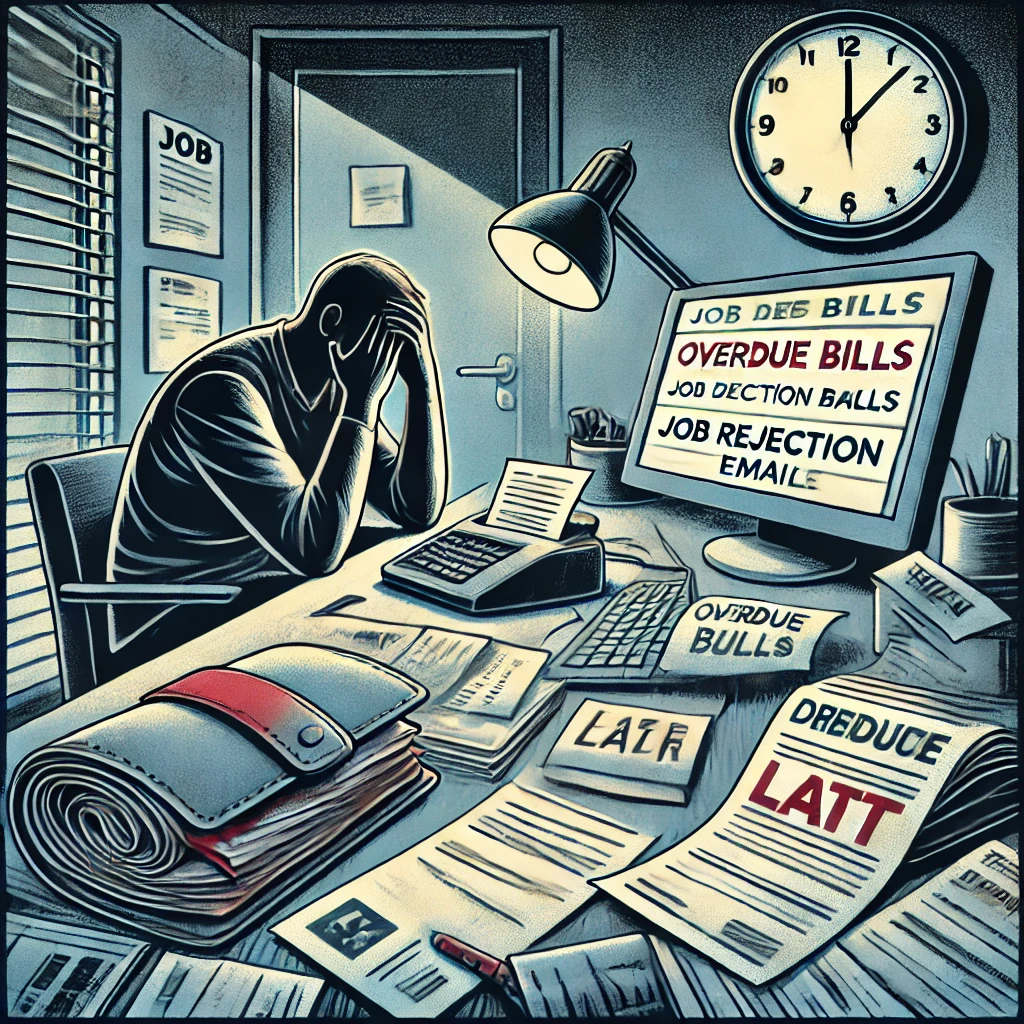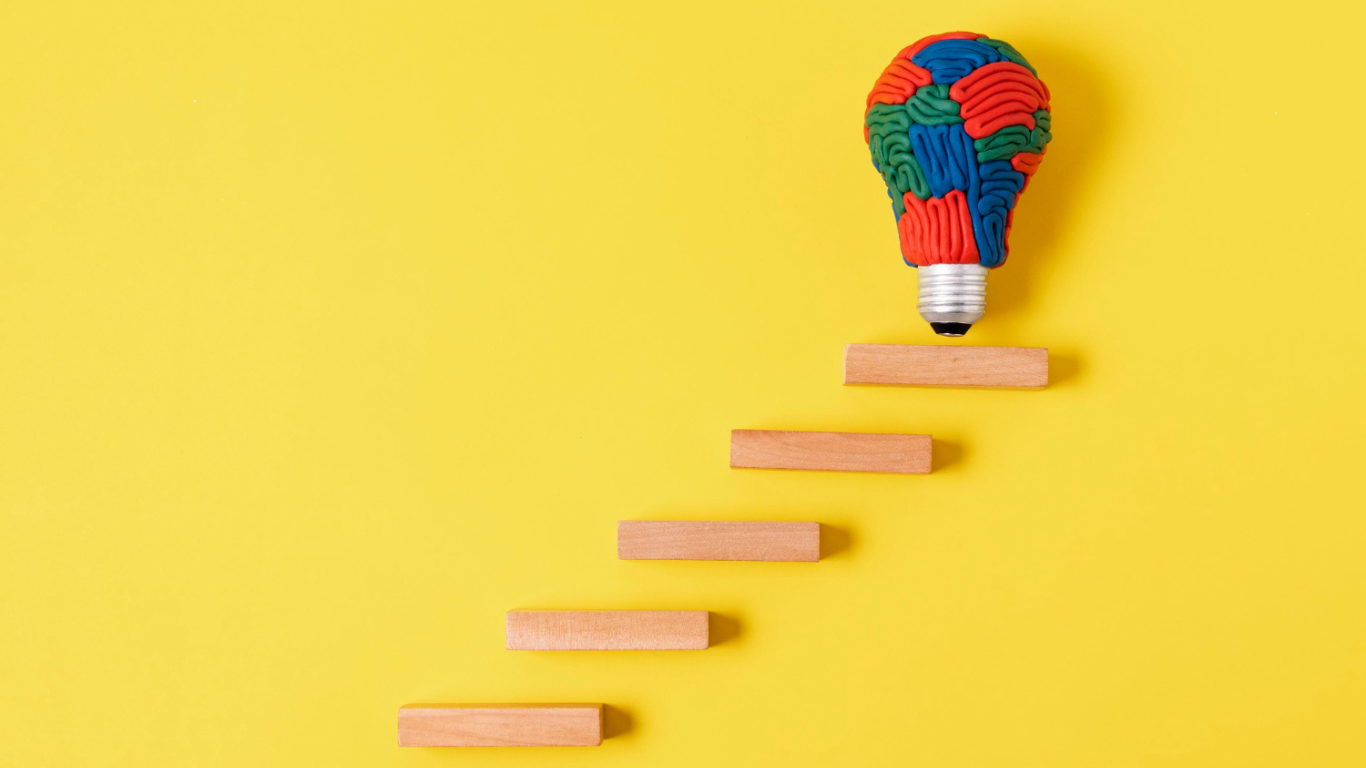In an era marked by rapid technological advancements, global connectivity, and seemingly endless opportunities, one would assume that individual development should flourish. However, a closer examination reveals a concerning trend: the degradation of individual development. From declining mental health to diminishing creativity and autonomy, there are various factors contributing to this unsettling phenomenon.
Social Media’s Impact on Self-Image and Mental Health

The significant impact of social media cannot be overlooked when examining the decline in individual development. While these platforms provide opportunities for connectivity and self-expression, they also foster an atmosphere conducive to comparison and self-questioning. Continuous exposure to meticulously crafted portrayals of others’ lives can result in feelings of inadequacy and diminished self-confidence. The relentless quest for validation through likes and followers can distort one’s sense of self and direction, impeding genuine self-exploration and personal progress.
Education System’s Emphasis on Conformity Over Creativity

In traditional education systems, there is often a focus on conformity and standardized testing rather than fostering creativity and critical thinking. Students feel pressure to perform well in exams instead of having the freedom to pursue their interests and cultivate their unique skills. This emphasis on memorization and repetition limits individuality and innovation, resulting in a generation that lacks the necessary skills to address real-world problems that require creativity and adaptability.
Economic Pressures and Job Insecurity

In today’s competitive job market, individuals face immense pressure to secure stable employment and climb the corporate ladder. This relentless pursuit of success often comes at the expense of personal well-being and fulfillment. The fear of failure and economic instability can deter individuals from pursuing their true passions and taking risks necessary for personal growth. Moreover, the rise of precarious employment arrangements, such as gig work and short-term contracts, leaves individuals feeling disposable and undervalued, further eroding their sense of purpose and autonomy.
Technological Overload and Information Overload
While technology has undoubtedly revolutionized our lives, excessive screen time and information overload can have detrimental effects on individual development. Constant connectivity and the incessant bombardment of notifications disrupt concentration and deep thinking, impeding cognitive development and creativity. Moreover, the proliferation of misinformation and echo chambers in digital spaces undermines critical thinking skills and fosters polarization, hindering meaningful dialogue and intellectual growth.
Environmental Factors and Societal Expectations
External factors such as poverty, discrimination, and social inequality also play a significant role in the degradation of individual development. Individuals from marginalized communities often face systemic barriers that limit their access to opportunities and resources essential for personal growth. Moreover, societal expectations regarding gender roles, success, and happiness can impose unrealistic standards and fuel feelings of inadequacy and disillusionment.
Fear of Failure and Cultural Pressure
In many cultures, failing is seen as something to avoid at all costs. This fear of failure stops people from trying new things or taking risks.
For example, a person might avoid starting a creative project or pursuing a unique career path because they’re afraid of being judged if it doesn’t work out. This fear creates a culture of playing it safe, which stifles innovation and personal growth.
Additionally, society often values being busy over being thoughtful or creative. People feel the need to stay occupied all the time, leaving no room for rest or self-reflection.
Working Towards Improvement and Revitalization
To address the decline in personal growth, we need to take a comprehensive approach that recognizes how social, economic, and technological factors are interconnected. This involves reimagining our education systems to prioritize holistic development and lifelong learning. We must also foster a culture that values diversity, encourages taking risks, and promotes innovation.
Additionally, we need to focus on promoting digital literacy and responsible technology use. This will empower individuals to leverage technology for personal and collective growth while minimizing its negative impact on mental health.
Furthermore, it’s essential to address systemic inequalities and dismantle oppressive structures. This is crucial for creating a society where everyone has the opportunity to thrive and reach their full potential. By creating environments that foster authenticity, resilience, and empathy, we can pave the way for individual development to flourish, benefiting both individuals and society as a whole.
Ways to Fix the Problem
- Change How We Teach: Schools should encourage creativity, problem-solving, and emotional intelligence alongside academics. Learning should not stop after school but continue throughout life.
- Use Technology Wisely: Teach people to manage their screen time and use technology in ways that help them learn and grow. Encourage habits that build focus and creativity.
- Provide Better Job Opportunities: Companies and governments should focus on fair wages, job security, and growth opportunities. Supporting entrepreneurs can also create more chances for people to follow their passions.
- Make Society Fairer: Break down barriers that keep marginalized groups from growing. Create more opportunities for everyone, regardless of their background, and challenge harmful stereotypes.
- Change Views About Failure: Teach people to see failure as a chance to learn and grow. Encourage risk-taking and curiosity instead of focusing only on results.
- Support Mental Health: Make mental health care more accessible and normalize talking about it. Teach people how to manage stress and build their confidence.
Conclusion
The degradation of individual development is a multifaceted issue with far-reaching implications. From the pervasive influence of social media to systemic inequalities and societal pressures, various factors contribute to this concerning trend. However, by acknowledging these challenges and working collaboratively to address them, we can pave the way for a future where individual development flourishes. This requires fostering environments that prioritize authenticity, resilience, and empathy, promoting digital literacy and responsible technology use, and dismantling oppressive structures that hinder personal growth. By investing in holistic education, promoting inclusivity, and championing diversity, we can create a society where every individual has the opportunity to thrive and realize their full potential.
Frequently Asked Questions
What can we do to improve individual development?
We need a multi-pronged approach:
- Revamping education to focus on well-rounded individuals and lifelong learning.
- Shifting cultural values to embrace diversity, risk-taking, and innovation.
- Teaching digital literacy to minimize technology’s negative impacts and promote responsible use.
- Addressing social inequalities to ensure equal opportunities for all.
- Creating supportive environments that nurture authenticity, resilience, and empathy.
How will this benefit society as a whole?
When individuals can thrive and reach their full potential, society benefits in numerous ways:
- Increased creativity and innovation to tackle complex problems.
- A more inclusive and empathetic society.
- A better prepared workforce to adapt to changing job markets.
- Greater overall well-being and mental health.
What can I do as an individual?
You can:
- Be mindful of social media use and focus on real-life connections.
- Advocate for educational reform that values critical thinking and exploration.
- Support businesses and practices that promote diversity and inclusion.
- Develop your own digital literacy skills and be critical of online information.
- Promote empathy and understanding in your personal circles.
Is social media all bad for development?
Not necessarily! Social media can be a tool for connection, learning, and self-expression. It can connect you with like-minded individuals, provide access to educational resources, and offer platforms to showcase your talents. The key is using it mindfully and focusing on positive interactions.

